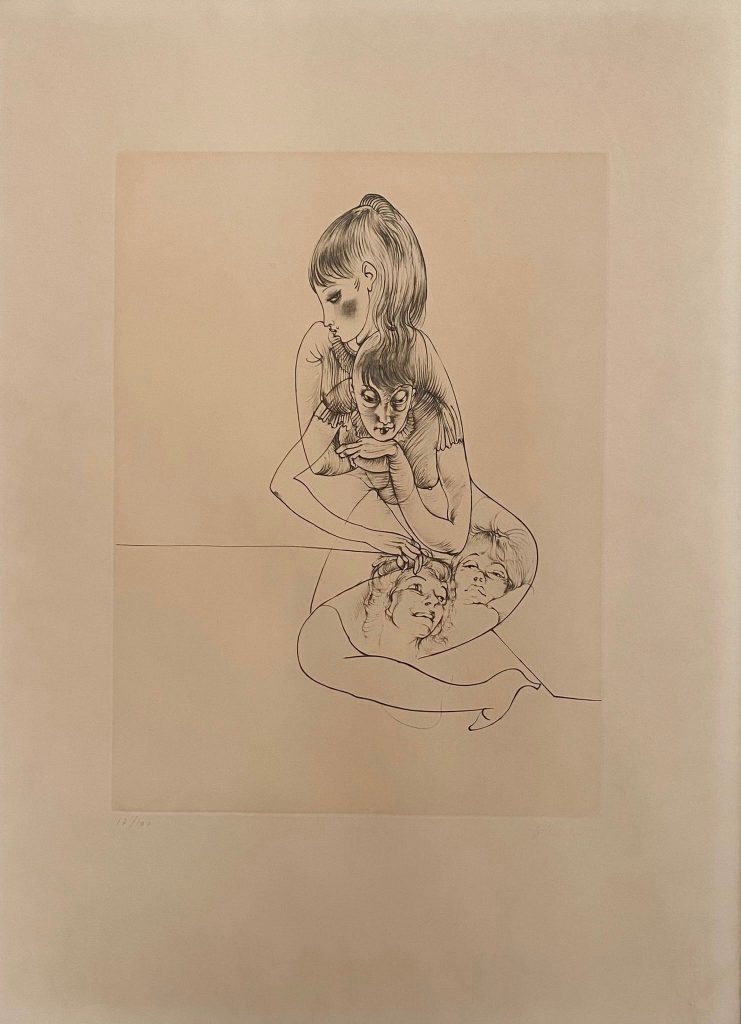How men’s taste shapes women’s style
An anthropologic examination of fashion helps us understand why men’s taste becomes the favourite one.
But is that style allowing women’s affirmation? Or is that just the expression of man’s vision? Also, is fashion for women or against women? We should ask ourselves these questions indeed.
By analysing the context in which we live, the conclusion is that societal rules, beauty standards, and fashion are manifestations of patriarchy. Yes, it doesn’t take a subtle analyst to understand that! The whole world tells a story of patriarchy because we live in a man-shaped society.
Education for a men’s world
The way women behave, talk, think and see themselves is the sedimentation of centuries of male domination. And so it is for the way women dress. Indeed, it’s not really about expressing women’s taste, but it’s about fitting in an image stitched on us by male figures. It’s a cultural moulding representing an eternal story of dominance and submission.
Women are educated – or brainwashed – to please men in everything they do. Indeed, they are a playful accessory for men. That was the female’s role in the past, and so it is now. Nothing ever changed for real. Women’s style must conform to men’s taste, or they complain.

For instance, take the ’50s. Fashion during that time was all about catching men’s attention with lines that highlighted the body. That taste never went out of fashion. And if you ask a woman what style trend she prefers, the ’50s are always on top.
And so, from abortion to clothing, it seems we are glad to let men decide everything about our lives.
The idea is to question conventional rules and notions. To decontextualize fashion to remove all the layers that, century after century, were placed on us. They are just a reflection of patriarchy.
By understanding that, we embrace our freedom. Men do not define us. We define ourselves!
Women must be aware of their worth and choose what best suits them. Understanding this point is a process that leads to self-appreciation and self-affirmation.
Recently (again), we heard the story of a woman who couldn’t buy a dress because her husband didn’t like it. Years of feminism for this? Really?
The question is: do you like it?